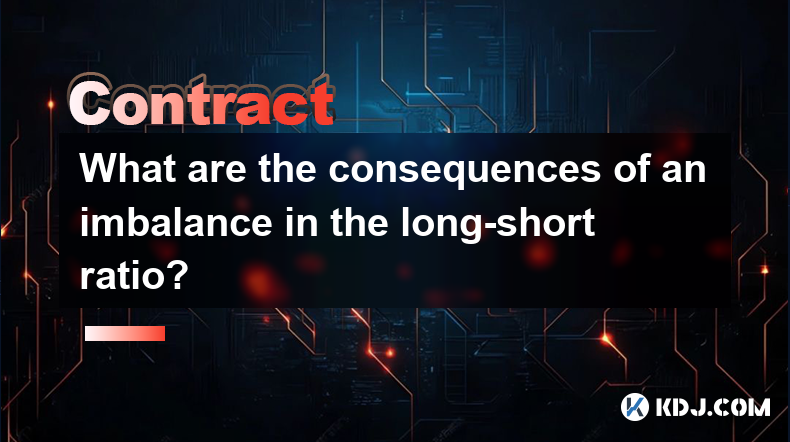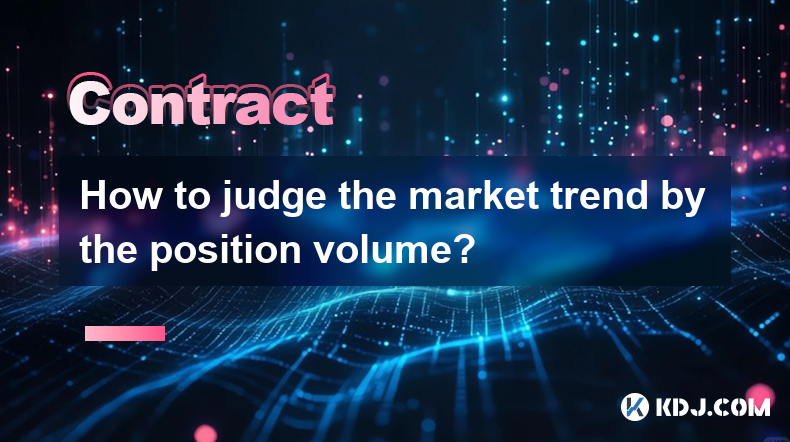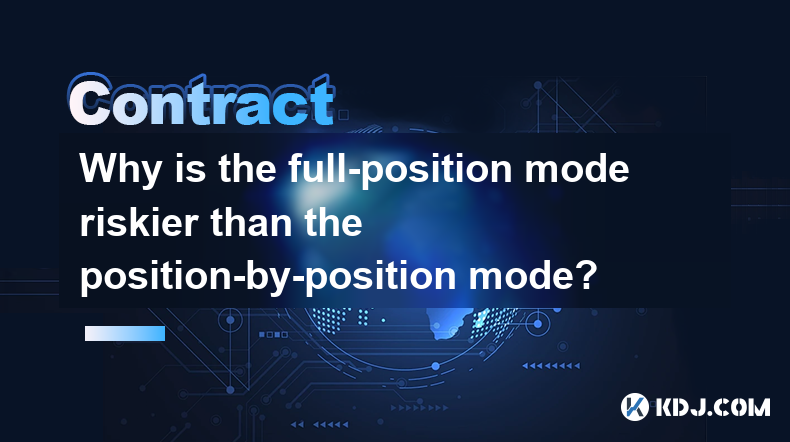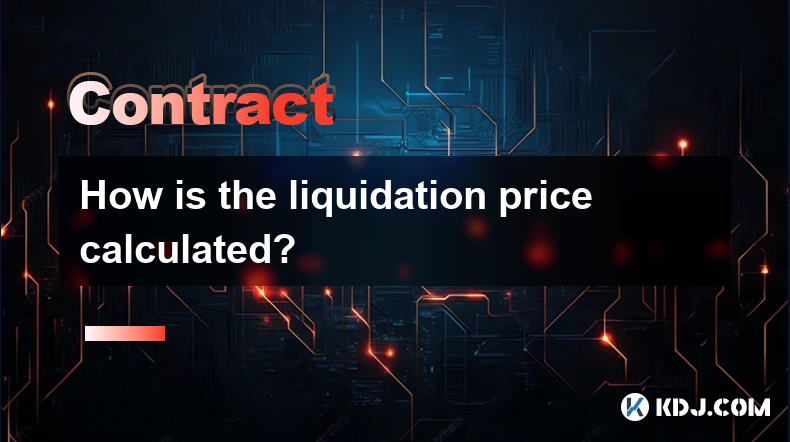-
 Bitcoin
Bitcoin $83,458.2141
-2.67% -
 Ethereum
Ethereum $1,573.6456
-4.30% -
 Tether USDt
Tether USDt $0.9999
0.01% -
 XRP
XRP $2.0723
-3.70% -
 BNB
BNB $581.4005
-1.36% -
 Solana
Solana $125.3253
-5.03% -
 USDC
USDC $0.9999
0.01% -
 TRON
TRON $0.2521
-0.43% -
 Dogecoin
Dogecoin $0.1540
-4.20% -
 Cardano
Cardano $0.6060
-5.85% -
 UNUS SED LEO
UNUS SED LEO $9.3707
-0.67% -
 Chainlink
Chainlink $12.2460
-4.06% -
 Avalanche
Avalanche $18.8097
-5.97% -
 Stellar
Stellar $0.2350
-2.48% -
 Toncoin
Toncoin $2.8686
-1.83% -
 Shiba Inu
Shiba Inu $0.0...01164
-2.94% -
 Sui
Sui $2.0816
-5.70% -
 Hedera
Hedera $0.1573
-6.20% -
 Bitcoin Cash
Bitcoin Cash $320.5595
-3.74% -
 Litecoin
Litecoin $75.7877
-3.38% -
 Polkadot
Polkadot $3.5343
-4.17% -
 Dai
Dai $1.0000
0.02% -
 Bitget Token
Bitget Token $4.2107
-2.77% -
 Hyperliquid
Hyperliquid $14.8217
-8.30% -
 Ethena USDe
Ethena USDe $0.9991
0.01% -
 Pi
Pi $0.6083
-18.46% -
 Monero
Monero $218.6656
2.90% -
 Uniswap
Uniswap $5.1744
-4.43% -
 OKB
OKB $52.3741
0.05% -
 Pepe
Pepe $0.0...07062
-5.76%
how to trade bitcoin futures in india
Trading Bitcoin futures in India involves accessing international exchanges due to a lack of domestic regulation, necessitating careful consideration of legal implications, exchange selection, and robust risk management strategies to mitigate potential losses.
Mar 26, 2025 at 02:14 am

How to Trade Bitcoin Futures in India
Trading Bitcoin futures in India presents unique challenges and opportunities. While India doesn't have a regulated Bitcoin futures exchange domestically, Indian residents can still access international exchanges that offer these contracts. Understanding the legal landscape and the mechanics of futures trading is crucial before participating.
Understanding Bitcoin Futures
Bitcoin futures are contracts obligating the buyer to purchase (or the seller to sell) a specific number of Bitcoins at a predetermined price on a future date. Unlike spot trading where you buy and own Bitcoin immediately, futures trading involves speculation on the future price of Bitcoin. Profits or losses are realized based on the difference between the contract's price and the Bitcoin's price at settlement. This leverages your capital, magnifying both potential profits and losses.
Legal Considerations in India
The regulatory landscape for cryptocurrencies in India is constantly evolving. While Bitcoin itself isn't explicitly banned, there's a lack of comprehensive legal frameworks governing its trading. This ambiguity extends to Bitcoin futures. Therefore, trading on international exchanges carries inherent risks, including potential legal ramifications if Indian regulations change. It's advisable to thoroughly research and understand the legal implications before engaging in such activities.
Choosing an International Exchange
Several international cryptocurrency exchanges offer Bitcoin futures contracts. Factors to consider when choosing an exchange include:
- Reputation and Security: Prioritize established exchanges with a proven track record of security and reliability. Look for exchanges with robust security measures to protect your funds.
- Trading Fees and Commissions: Compare fees charged by different exchanges, as these can significantly impact profitability. Consider factors such as maker/taker fees and funding rates.
- Liquidity: High liquidity ensures you can easily enter and exit trades without significantly impacting the price. Choose exchanges with high trading volumes.
- Regulation: While many exchanges operate outside Indian jurisdiction, check for any compliance certifications or regulatory oversight they may have in their respective locations. This is not a guarantee of safety but offers some added level of assurance.
- Available Contract Specifications: Different exchanges offer contracts with varying contract sizes, expiry dates, and trading hours. Choose those that align with your trading strategy and risk tolerance.
Steps to Trade Bitcoin Futures on an International Exchange
Trading Bitcoin futures involves several steps:
- Account Creation: Create an account on a chosen international exchange. This typically involves providing personal information and undergoing a Know Your Customer (KYC) verification process.
- Funding Your Account: Deposit funds into your exchange account using supported payment methods. This usually involves transferring fiat currency (like USD, EUR) or potentially stablecoins. Be aware of potential transfer fees.
- Understanding the Trading Interface: Familiarize yourself with the exchange's trading platform and its features. Understand how to place orders (market orders, limit orders, stop-loss orders), manage positions, and monitor your trades.
- Placing Your Trade: Based on your market analysis and trading strategy, place your futures contract order, specifying the desired quantity, price, and expiry date.
- Monitoring Your Position: Regularly monitor your open positions and adjust your strategy as needed. Bitcoin's price is highly volatile, so constant monitoring is essential.
- Closing Your Position: Close your position before the contract expires by taking the opposite trade. This realizes your profit or loss.
Risk Management in Bitcoin Futures Trading
Bitcoin futures trading is inherently risky due to the volatility of Bitcoin's price. Effective risk management strategies are crucial:
- Leverage: Use leverage cautiously. High leverage magnifies profits but also dramatically increases losses. Start with small positions and gradually increase your exposure as you gain experience.
- Stop-Loss Orders: Use stop-loss orders to limit potential losses. This automatically closes your position when the price reaches a predetermined level.
- Position Sizing: Determine the appropriate position size based on your risk tolerance and account balance. Avoid over-leveraging and risking more than you can afford to lose.
- Diversification: Consider diversifying your portfolio beyond Bitcoin futures to reduce overall risk.
- Paper Trading: Practice trading with a demo account before using real funds. This allows you to familiarize yourself with the platform and test your strategies without risking capital.
Tax Implications in India
The tax implications of Bitcoin futures trading in India are unclear due to the lack of specific regulations. It's crucial to consult with a tax professional to understand your tax obligations. Any profits from futures trading might be subject to income tax. Keep meticulous records of all your transactions for tax purposes.
Common Questions
Q: Are there any regulated Bitcoin futures exchanges in India?
A: Currently, there are no regulated Bitcoin futures exchanges operating within India.
Q: What are the risks of trading Bitcoin futures on international exchanges?
A: Risks include exchange security breaches, regulatory uncertainty in India, price volatility, and the potential for significant financial losses.
Q: How can I protect myself from losses when trading Bitcoin futures?
A: Employ risk management strategies such as stop-loss orders, proper position sizing, and diversification. Avoid over-leveraging and thoroughly research before trading.
Q: What are the tax implications of Bitcoin futures trading in India?
A: The tax implications are unclear and require consultation with a tax professional. Profits are likely taxable as income. Maintain accurate transaction records.
Q: Is it legal to trade Bitcoin futures from India?
A: The legality is uncertain due to the evolving regulatory landscape. Trading on international exchanges carries inherent legal risk. Understanding the potential legal consequences is crucial.
Disclaimer:info@kdj.com
The information provided is not trading advice. kdj.com does not assume any responsibility for any investments made based on the information provided in this article. Cryptocurrencies are highly volatile and it is highly recommended that you invest with caution after thorough research!
If you believe that the content used on this website infringes your copyright, please contact us immediately (info@kdj.com) and we will delete it promptly.
- Bitcoin (BTC) Dips Alongside Stock Futures as Nvidia Corp. NVDA Shares Tumble
- 2025-04-16 13:15:13
- Bitcoin (BTC) Faces a Critical Test as Global Markets Remain Volatile and Macroeconomic Tensions Escalate
- 2025-04-16 13:15:13
- Bitcoin (BTC) has been moving between $80,00 and $85,00 for the fourth day as the uncertain market for the U.S.-China trade dispute continues.
- 2025-04-16 13:10:12
- MicroStrategy (Formerly ) Doubles Down on BTC After a Performance in Q1 2025
- 2025-04-16 13:10:12
- Real-world asset-focused coin MANTRA OM/USD Topped The Cryptocurrency Gainers List On Tuesday
- 2025-04-16 13:05:13
- Semler Scientific Files to Issue $500M in Securities Following $30M DOJ Settlement
- 2025-04-16 13:05:13
Related knowledge

How does Tail Protection reduce the loss of liquidation?
Apr 11,2025 at 01:50am
Introduction to Tail Protection in CryptocurrencyTail Protection is a mechanism designed to mitigate the risks associated with liquidation in cryptocurrency trading. Liquidation occurs when a trader's position is forcibly closed by the exchange due to insufficient margin to cover potential losses. This often happens in leveraged trading, where traders b...

What are the consequences of an imbalance in the long-short ratio?
Apr 13,2025 at 02:50pm
The long-short ratio is a critical metric in the cryptocurrency trading world, reflecting the balance between bullish and bearish sentiments among traders. An imbalance in this ratio can have significant consequences on the market dynamics, affecting everything from price volatility to trading strategies. Understanding these consequences is essential fo...

How to judge the market trend by the position volume?
Apr 11,2025 at 02:29pm
Understanding how to judge the market trend by position volume is crucial for any cryptocurrency trader. Position volume, which refers to the total number of open positions in a particular cryptocurrency, can provide valuable insights into market sentiment and potential price movements. By analyzing this data, traders can make more informed decisions ab...

Why does a perpetual contract have no expiration date?
Apr 09,2025 at 08:43pm
Perpetual contracts, also known as perpetual futures or perpetual swaps, are a type of derivative product that has gained significant popularity in the cryptocurrency market. Unlike traditional futures contracts, which have a fixed expiration date, perpetual contracts do not expire. This unique feature raises the question: why does a perpetual contract ...

Why is the full-position mode riskier than the position-by-position mode?
Apr 13,2025 at 03:42pm
Why is the Full-Position Mode Riskier Than the Position-by-Position Mode? In the world of cryptocurrency trading, the choice between full-position mode and position-by-position mode can significantly impact the risk profile of a trader's portfolio. Understanding the differences between these two modes is crucial for making informed trading decisions. Th...

How is the liquidation price calculated?
Apr 12,2025 at 01:35am
Introduction to Liquidation PriceLiquidation price is a critical concept in the world of cryptocurrency trading, particularly when dealing with leveraged positions. Understanding how this price is calculated is essential for traders to manage their risk effectively. The liquidation price is the point at which a trader's position is forcibly closed by th...

How does Tail Protection reduce the loss of liquidation?
Apr 11,2025 at 01:50am
Introduction to Tail Protection in CryptocurrencyTail Protection is a mechanism designed to mitigate the risks associated with liquidation in cryptocurrency trading. Liquidation occurs when a trader's position is forcibly closed by the exchange due to insufficient margin to cover potential losses. This often happens in leveraged trading, where traders b...

What are the consequences of an imbalance in the long-short ratio?
Apr 13,2025 at 02:50pm
The long-short ratio is a critical metric in the cryptocurrency trading world, reflecting the balance between bullish and bearish sentiments among traders. An imbalance in this ratio can have significant consequences on the market dynamics, affecting everything from price volatility to trading strategies. Understanding these consequences is essential fo...

How to judge the market trend by the position volume?
Apr 11,2025 at 02:29pm
Understanding how to judge the market trend by position volume is crucial for any cryptocurrency trader. Position volume, which refers to the total number of open positions in a particular cryptocurrency, can provide valuable insights into market sentiment and potential price movements. By analyzing this data, traders can make more informed decisions ab...

Why does a perpetual contract have no expiration date?
Apr 09,2025 at 08:43pm
Perpetual contracts, also known as perpetual futures or perpetual swaps, are a type of derivative product that has gained significant popularity in the cryptocurrency market. Unlike traditional futures contracts, which have a fixed expiration date, perpetual contracts do not expire. This unique feature raises the question: why does a perpetual contract ...

Why is the full-position mode riskier than the position-by-position mode?
Apr 13,2025 at 03:42pm
Why is the Full-Position Mode Riskier Than the Position-by-Position Mode? In the world of cryptocurrency trading, the choice between full-position mode and position-by-position mode can significantly impact the risk profile of a trader's portfolio. Understanding the differences between these two modes is crucial for making informed trading decisions. Th...

How is the liquidation price calculated?
Apr 12,2025 at 01:35am
Introduction to Liquidation PriceLiquidation price is a critical concept in the world of cryptocurrency trading, particularly when dealing with leveraged positions. Understanding how this price is calculated is essential for traders to manage their risk effectively. The liquidation price is the point at which a trader's position is forcibly closed by th...
See all articles























































































